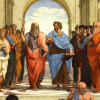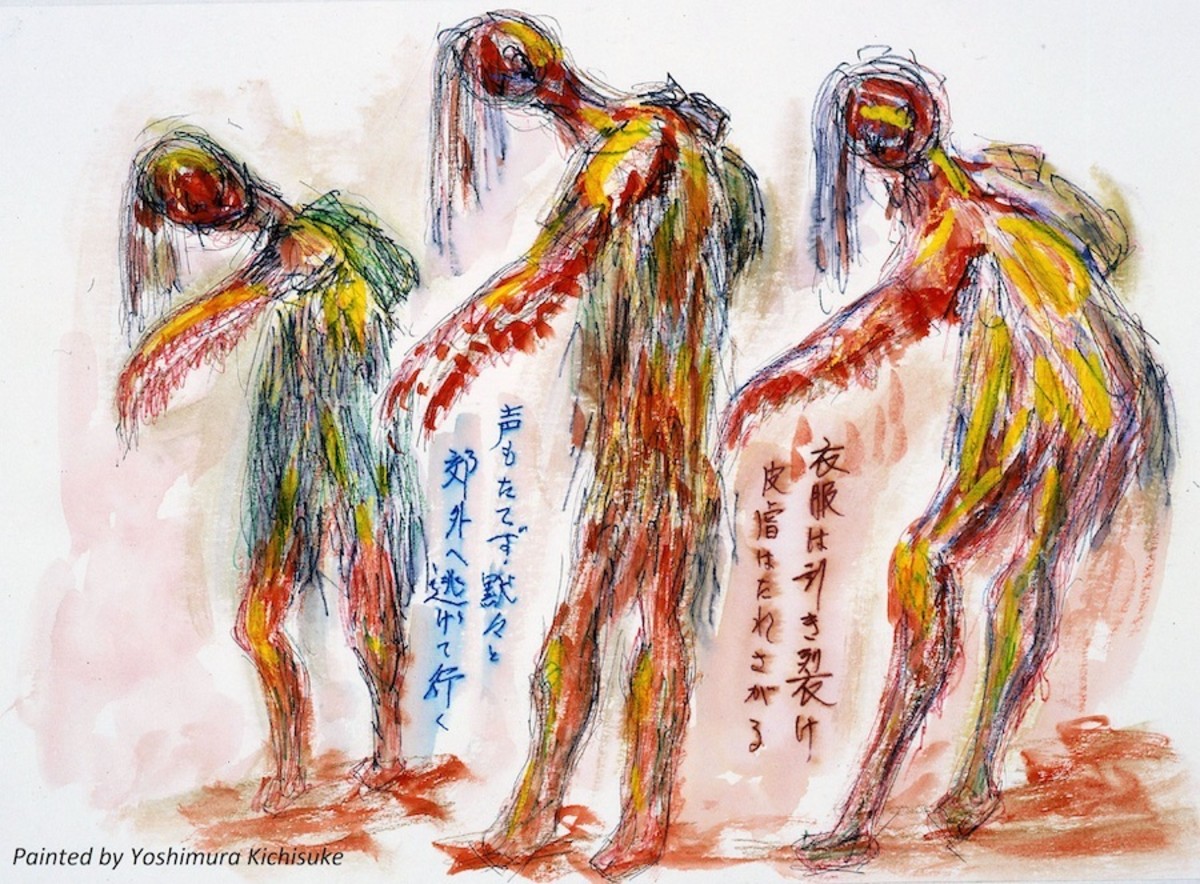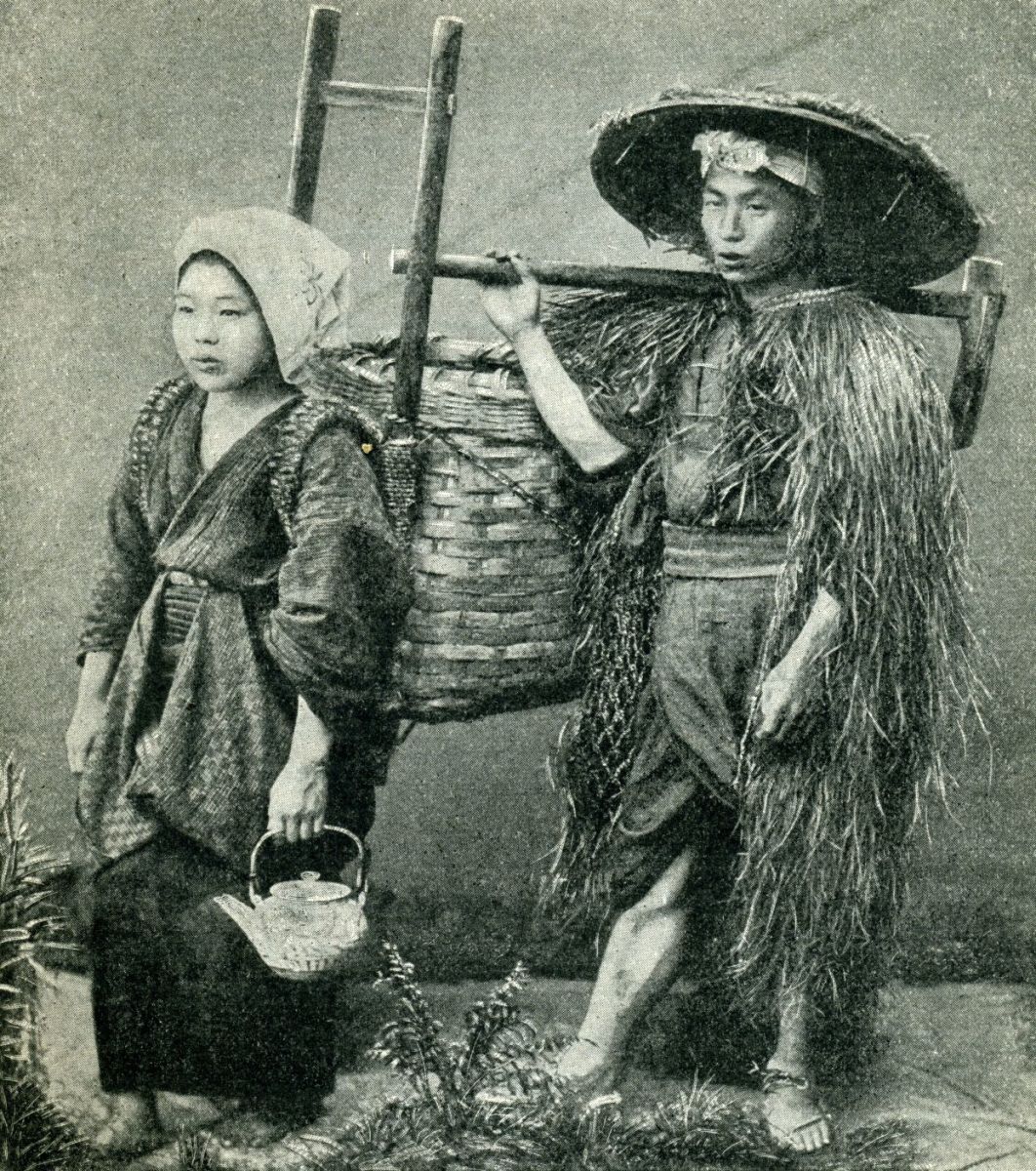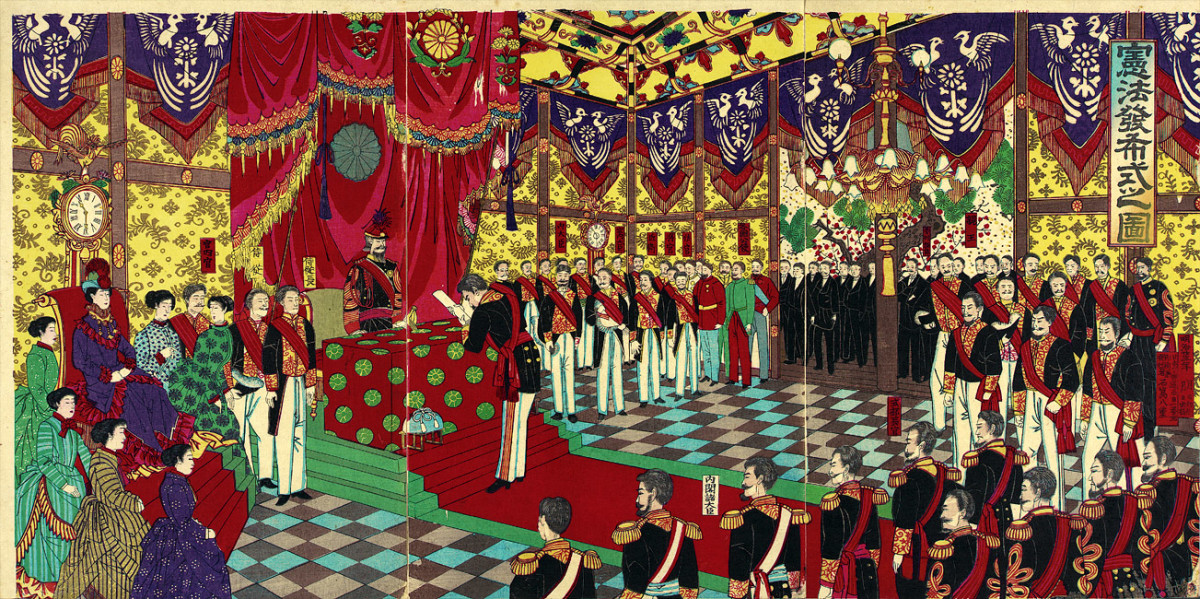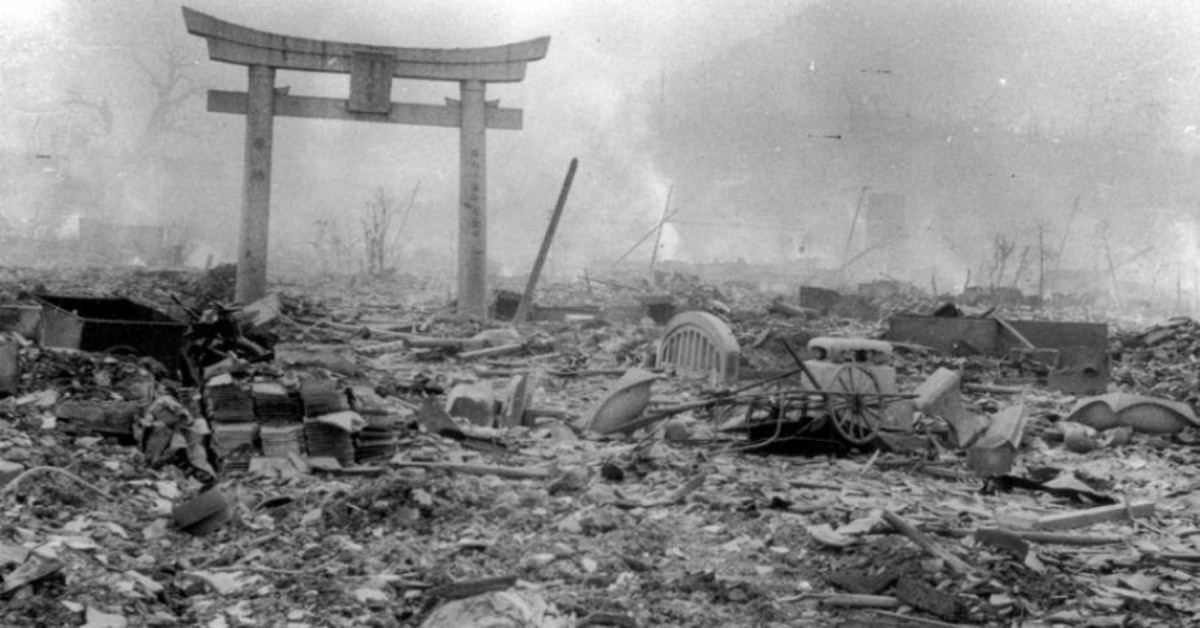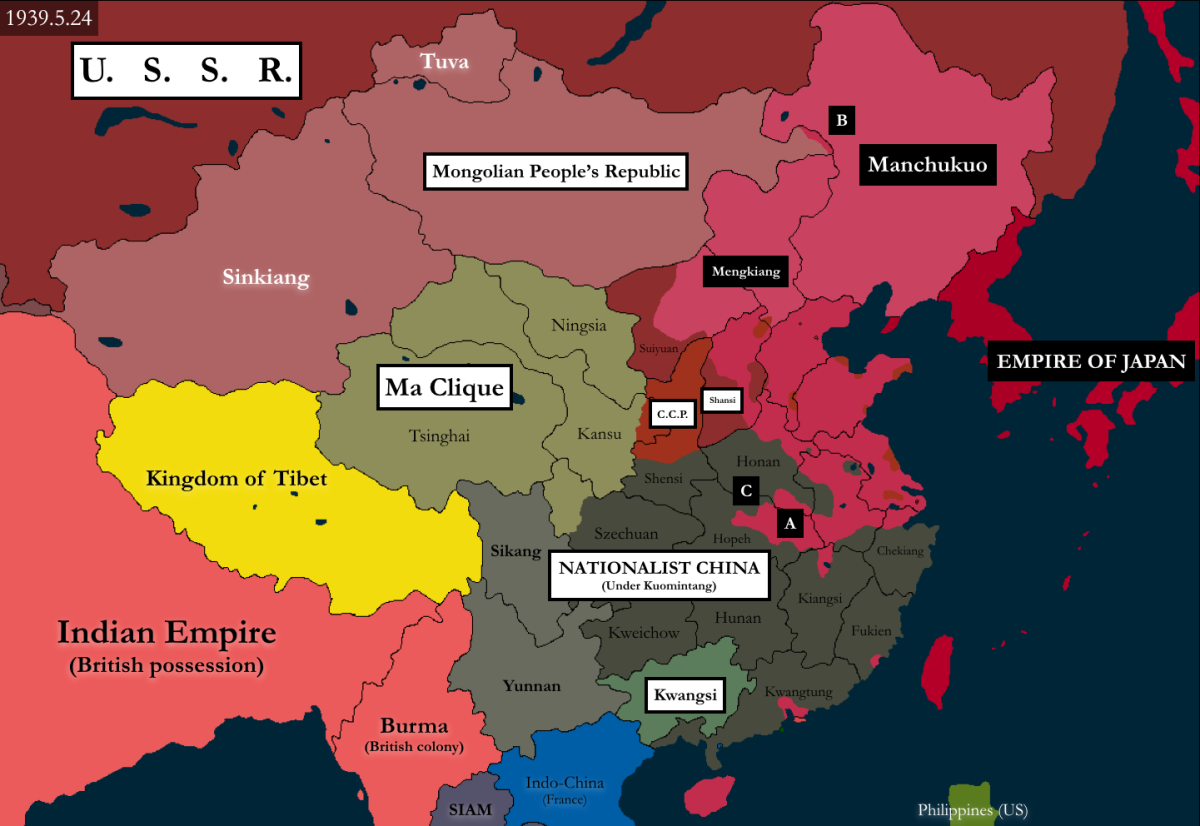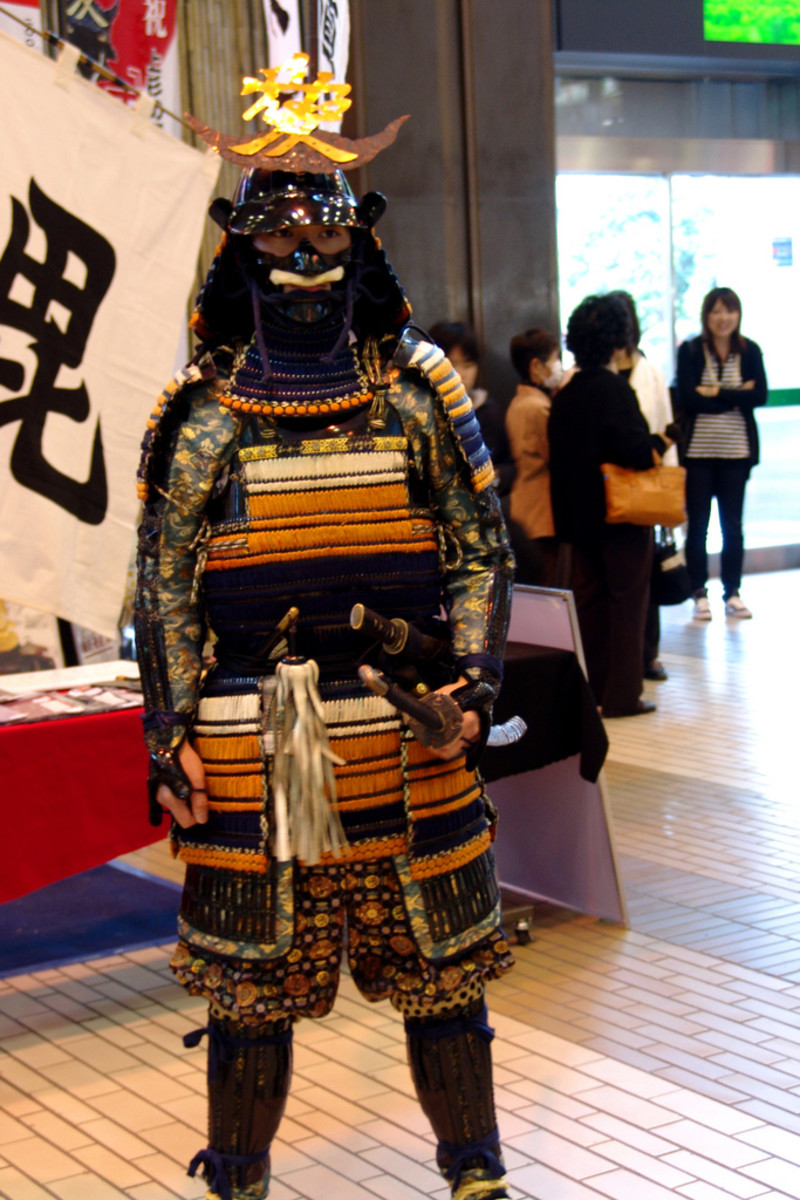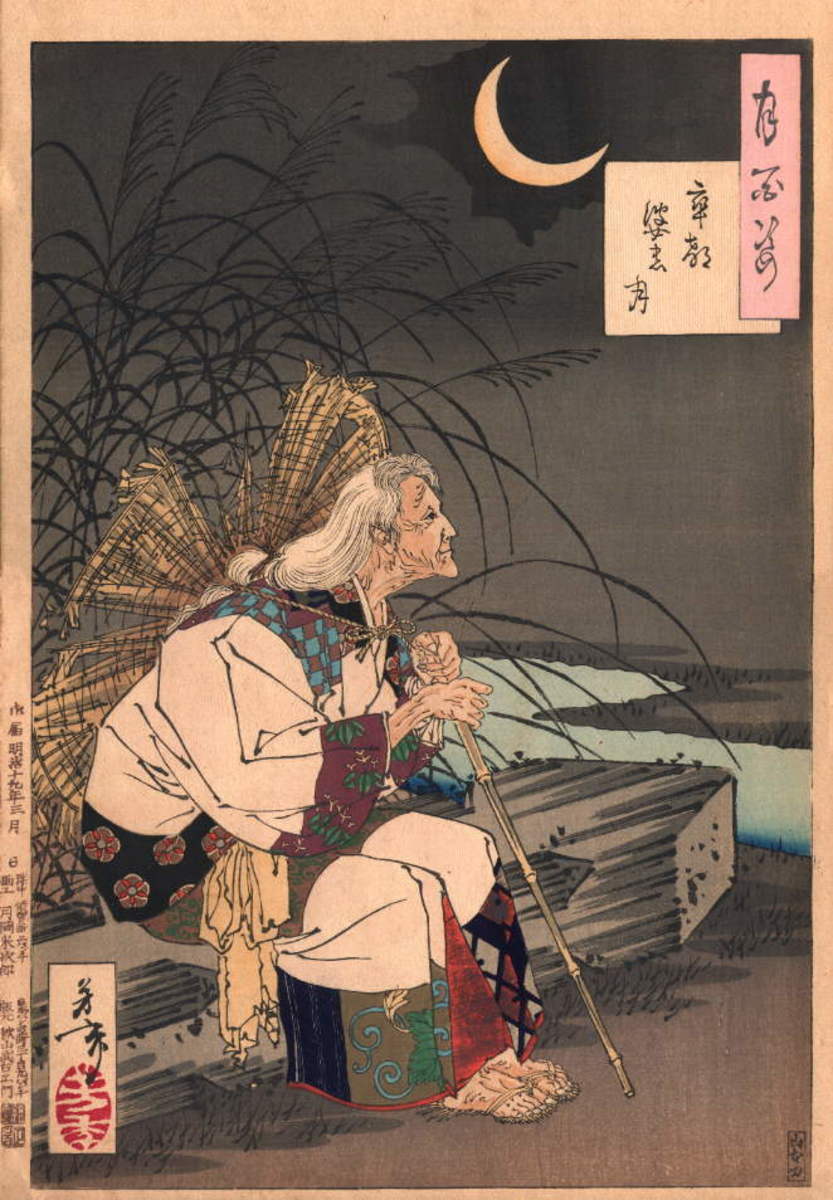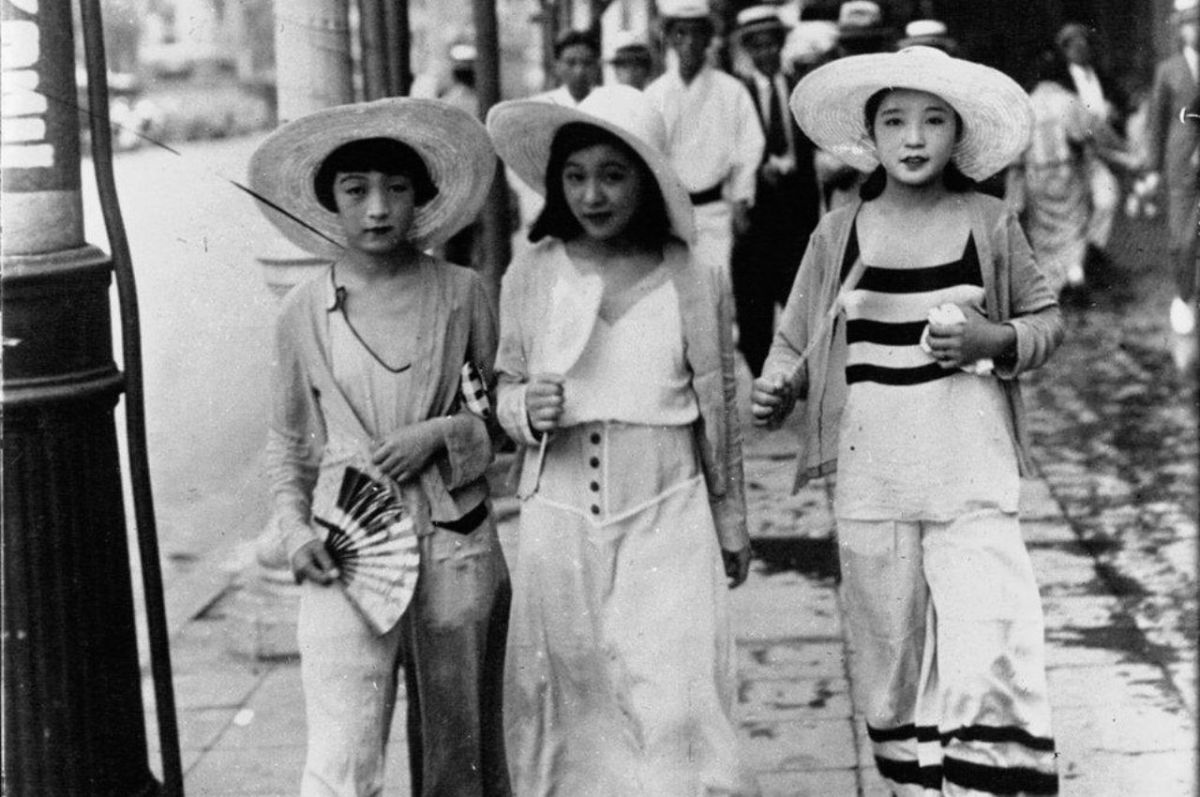- HubPages»
- Education and Science»
- History & Archaeology»
- History of Asia
Hiroshima and Nagasaki atomic bombing only thought wrong because of media’s irrational influence
|Work I did in my Junior Year for US History Final Semestral Essay| |Fourth and Last Essay|
World War II was one of the greatest military conflicts in history. It started in 1939 when Nazi Germany invaded Poland. The 30th of April, 1945 Adolf Hitler, the Nazi leader, committed suicide leaving most of the Axis powers defeated and the war almost over. However, Japan was the only nation not to surrender and decided to continue fighting. This lead to an epic time in history, the atomic bombs dropped in two major industrial cities in Japan, Hiroshima and Nagasaki, which ended the war with Japan’s surrender. Media has criticized whether the decision, made by Harry S. Truman, of dropping the bombs was the correct one. It was correct to use the atomic bombs because it is proven that Japan still refused to surrender, it also saved millions of lives, both Japanese and Americans and militaristic and economically, it was a better decision for both nations.
The struggle between Japan and the USA began with Pearl Harbor, this battle made the USA join the war as an Ally. The struggle continued and they both attacked each other in various ways. Nevertheless, after the war the Japanese emperor publicly presented his surrender; but, there were many people that disagreed with him and they were ready to continue fighting. The United States Strategic Bomb Survey quotes, “…the differences of opinion previously existing as to the Potsdam terms persisted exactly as before. By using the urgency brought about through fear of further atomic bombing attacks, the Prime Minister found it possible to bring the Emperor directly into the discussions of the Potsdam terms. Hirohito, acting as arbiter, resolved the conflict in favor of unconditional surrender.”[1] This shows how people still opposed the emperor’s wishes to surrender and how the bombs actually created unconditional surrender for Japanese without major struggle and fights. Hoshina Zenshiro can refer to how the Japanese reacted when they were offered to surrender. They were asking for conditions of their surrender even when they were in a very difficult situation and it was much probable of them to lose the war easily. They had no other nations to help them and they had been fighting for some time which left them weak and vulnerable. However, they still asked for conditions, as the quote says, “The following conditions discussed by the Supreme War Council this morning were referred to the Cabinet Meeting without solving the final differences in opinion: (1) The terms will not include any demand regarding the Imperial House. (2) The Japanese military forces abroad will voluntarily withdraw and be demobilized. (3) The issue of war criminals will be dealt with by the Japanese government. (4) There will be no occupation of the Japanese territory to secure.”[2] By this passage, it is clear how the Japanese wanted conditions with their surrender. This shows that they were not ready to surrender and they would have fought if this was not given to them. This would have cost millions of more lives including spending more money and time because of the Japanese greed and persistence. Finally, the last quote proves how the Japanese had no desire to surrender. Schweikart tells us, “… the Japanese reaction provides sobering testimony of the bomb’s value, because even after the first bomb fell, the Japanese made no effort whatsoever to surrender.”[3] This quote not only shows the Japanese persistence but also is a good way to justify the second bomb. The Japanese were warned and they still refused to surrender, they wanted to keep fighting, the US had no solution but to attack them again to force their unconditional surrender.
Since the Japanese didn’t want to surrender, if the bombs were not dropped then the war would have continued. In this case Japan would have been invaded by Americans and it has been proved that millions of innocent civilians would have died. Exactly as Schweikart tells us, “… the number of Japanese civilians expected to die in such an invasion were put at between 1 and 9 million... hundreds of civilians refused to surrender. Marines watched whole families wade into the ocean to drown together or huddle around grenades; parents “tossed their children off cliffs before leaping to join them in death.”[4] War would have been much more terrible for civilians; millions would have died because of Japanese pride and honor. In Saipan, it was horrible, and it would have probably would have been repeated in the possible battles that would have followed if the bombs were not dropped. Additionally, not only Japanese would have been affected; many Americans would have also died in battle, soldiers that had just finished with Germany. Schweikart also quotes, “At the same time, the American public had started to expect some of the troops in Europe to come home… Having defeated the Germans, few servicemen wanted to be transferred to fight the Japanese, which was an increasingly likely prospect.”[5] That was the unwanted situation the American soldiers were in. They had just finished a war in Europe and when they got home Truman had to tell them he had this weapon that could end the war but he was not going to use it so they had to go to Japan to kill and probably get themselves killed. Finally Schweikart also says, “The interest of the United States demanded that the government do everything in its power to see that not one more American solider or sailor died than was absolutely necessary.”[6] The US did not want anybody else to die and it was the best for its army, this is why they used the bomb to protect the lives of its soldiers by using all tools in their possession.
Lastly, the war had been very damaging and for it to continue would have created new problems and more money would have been spent in weapons. This is why, as Johnson tells us, the bombs were the most logical way to end the war, “The continued display of ever increasing firepower, therefore, in the hope of including a Japanese surrender, seemed in all the circumstances the logical, rational, and indeed humanitarian solution to an intolerable dilemma produced by the irrational obstinacy of those in charge of Japan’s destiny.”[7] The bombs were definitely the best way to end the war. The end of the quote provides us with the fact that the people in charge of Japan’s destiny were people driven by pride and anger, which only made them make an unwise decision for their country. As it was proved it was better in a humanistic and economical way and it was logical that this was the best way both for Japanese and also for Americans. This shows that the bombs brought positive effects for both nations even after all the losses. Also, World War II itself was very damaging and there were many deaths all around. The simple fact that the bombs were atomic makes it different for the media since all of the nations killed millions of civilians in different battles throughout the war. Johnson also proves us this, “Even before the dropping of the A-bombs, Japanese figures show that the bombing raids on sixty-nine areas had destroyed 2,250,000 buildings, made 9 million homeless, killed 260,000, and injured 410,000.”[8] The bombs were very damaging; however, the war itself had been more harmful. Media was attracted by the popularity of news of the atomic bombs that had a terrible effect, ignoring how the war was even more terrible for many more nations in the whole world.
In whole, it was a better idea to drop the bombs in Hiroshima and Nagasaki even if the destruction was massive and there were many losses, the bombs saved many lives, money and it was the most logical way to end the war. At first when this question is asked, immediately the popular conclusion is that the bombs were a bad idea because of the media influence people receive. Nonetheless, after we evaluate intellectual historians, like the ones quoted, the actual truth of the dropping of the bombs is revealed, and it proves it was the best way to end the struggle that would have affected both the Americans and Japanese for many more years. In a humanistic way the bombs were an intelligent way to end the war because even if thousands died, millions were saved and as every country, the Americans were only looking for the most efficient way to protect their people and in this situation they made the best decision by keeping their soldiers home. In conclusion, the United States had a reason to do this and eventually the effects were positive for both nations overall.
[1] United States Strategic Bombing Survey. 1946 Summary Report (Pacific War), Washington D.C, p. 1, 25-26.
[2] Zenshiro, Hoshina. 1975. Daitoa Senso Hishi: Hoshina Zenshiro Kaiso-roku [Secret History of the Greater East Asia War: Memoir of Zenshiro Hoshina] Tokyo, Japan: Hara-Shobo, p.139-149.
[3] Schweikart, Larry and Michael Allen. 2004. A Patriot’s History of the United States New York: Penguin Press, p.240-242
[4] Schweikart, Larry and Michael Allen. 2004. A Patriot’s History of the United States New York: Penguin Press, p.240-242
[5] Schweikart, Larry and Michael Allen. 2004. A Patriot’s History of the United States New York: Penguin Press, p.240-242
[6] Schweikart, Larry and Michael Allen. 2004. A Patriot’s History of the United States New York: Penguin Press, p.240-242
[7] Johnson, Paul. 1999. A History of the American People New York: HarperCollins Publishers, p.799-804
[8] Johnson, Paul. 1999. A History of the American People New York: HarperCollins Publishers, p.799-804
